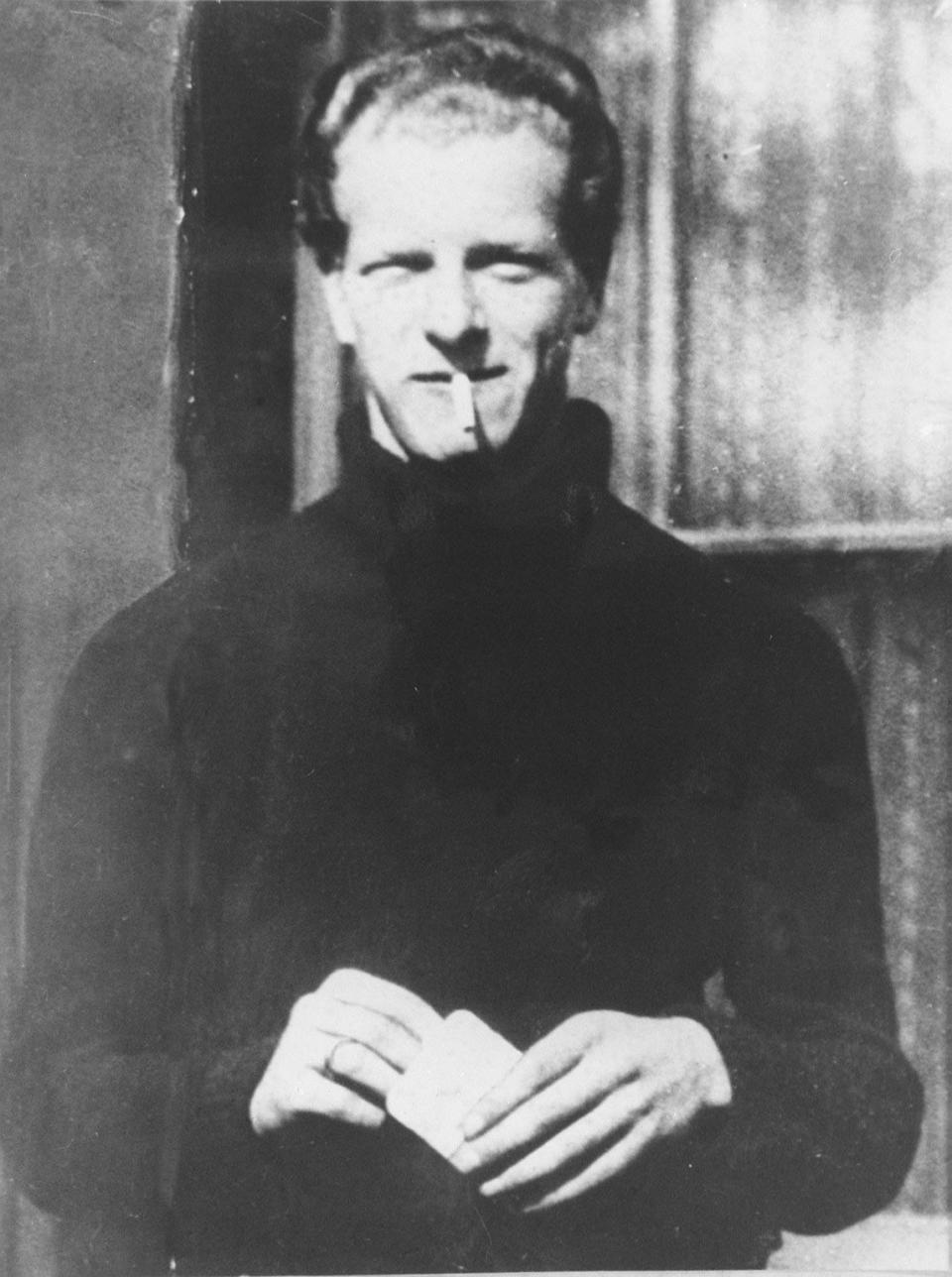Benedict Birnberg, crusading lawyer whose clients included the Moors murderer Ian Brady – obituary

Benedict Birnberg, who has died aged 93, was a radically minded solicitor whose practice helped victims of domestic violence, supported the anti-Apartheid movement, and acted on behalf of an eclectic range of clients: some eccentric, others famous, and some notorious.
From 1962 to 1999 he led BM Birnberg & Co, a firm that handled everything from matrimonial law and conveyancing to criminal defence work and charities. Operating on a shoestring from cramped premises on Borough High Street, BM Birnberg nurtured the talents of several generations of lawyers.
Those who started out with him included Imran Khan (who acted for Stephen Lawrence’s family) and Paul (later Lord) Boateng. “To work with Ben Birnberg was to occupy a world in which the clients were varied and the causes mixed and not always popular,” Boateng wrote in 2010.
Among what Birnberg called the “unfashionable” causes was that of Moors murderer Ian Brady. The two had met in the early 1980s through the intervention of Lord Longford, a friend of Birnberg and a fellow campaigner for prison reform.
Subsequently Birnberg mounted a successful action against the Home Office to have Brady transferred to a secure mental hospital, Park Lane (now Ashworth), in Merseyside. Brady died there in 2017.

Benedict Michael Birnberg was born in Stepney on September 8 1930, to parents who were both politically progressive school teachers. His father, Jonas, taught for nearly 40 years at Corfe Grammar School in Blackheath; his mother, Naomi (née Bentwich), set up a small private school in Birchington, Kent, which was attended by Jewish children including refugees.
There were also family connections to the law; Benedict’s grandfather had been a solicitor, then a barrister, at the turn of the century, while his uncle Norman Bentwich was a barrister who went on to become Attorney General of Mandatory Palestine.
After Minehead Grammar School and King’s School Canterbury, Benedict read history at Cambridge. He did his articles in a small firm which had offices in Croydon and Soho Square.
In 1968 Birnberg was visited in his office by a young David Hockney, who was preparing to fight Customs and Excise after officers seized the male physique magazines he had brought back from America, on the grounds that they were pornographic.
“Quite frankly it was a ludicrous case,” Birnberg told Hockney’s biographer, Christopher Simon Sykes. “All I could do was raise hell over it, which I did as best I could.”
Under pressure from James Callaghan, then Home Secretary, HMCE returned the magazines to Hockney in a plain brown envelope.
Birnberg’s first civil liberties case was for George Clark, the field secretary of the Campaign For Nuclear Disarmament, who was charged with inciting persons to commit a public nuisance during a visit to Whitehall by the king and queen of Greece. The conviction was quashed.
A string of public order cases followed, including Sweet v Parsley (1970), which went to the House of Lords and led to a change in the law with the Misuse of Drugs Act 1971.
Birnberg represented the Albany Trust, a counselling service for lesbian, gay and transgender people, and acted on behalf of Equity, the actors’ union, in its internal battles over the boycott of South Africa.

For many years he represented the family of 19-year-old Derek Bentley, hanged for his role in the murder of a police officer in 1953 – even though he, Bentley, was being restrained by officers when his friend Christopher Craig fired the fatal shot.
Bentley’s sister Iris and father William campaigned tirelessly for the conviction to be quashed, but both died before the Court of Appeal ruling in 1998, which declared that he had not received “the fair trial which is the birthright of every British citizen”.
Speaking after the verdict, Birnberg applauded the court’s decision but attacked the successive governments that had refused to re-examine the case.
Later he spoke warmly of Iris Bentley to The Independent. “She was unique in fighting such a courageous campaign against such adversity,” he recalled. “Her health, the humiliations at the hands of the Home Office, and all in the face of such cynicism, even from those who were sympathetic.”
In his office Birnberg kept a painting of Fishmongers’ Hall that had been given to him by William Bentley.
Following his retirement in 1999, Benedict Birnberg continued his work with a number of charities, including the Prison Reform Trust, and was company secretary for War on Want. He campaigned for a salaried legal service and was a lifelong supporter of the Citizens Advice Bureau movement.
Benedict Birnberg married, in 1968, Triantafyllia Matziorini, known as Felitsa; they had met the previous year when she was a student at London School of Economics and he defended her in court following a protest at the Greek embassy against the dictatorship in her homeland (she was given a conditional discharge). She survives him with their daughter.
Benedict Birnberg, born September 8 1930, died October 13 2023

 Yahoo News
Yahoo News 
